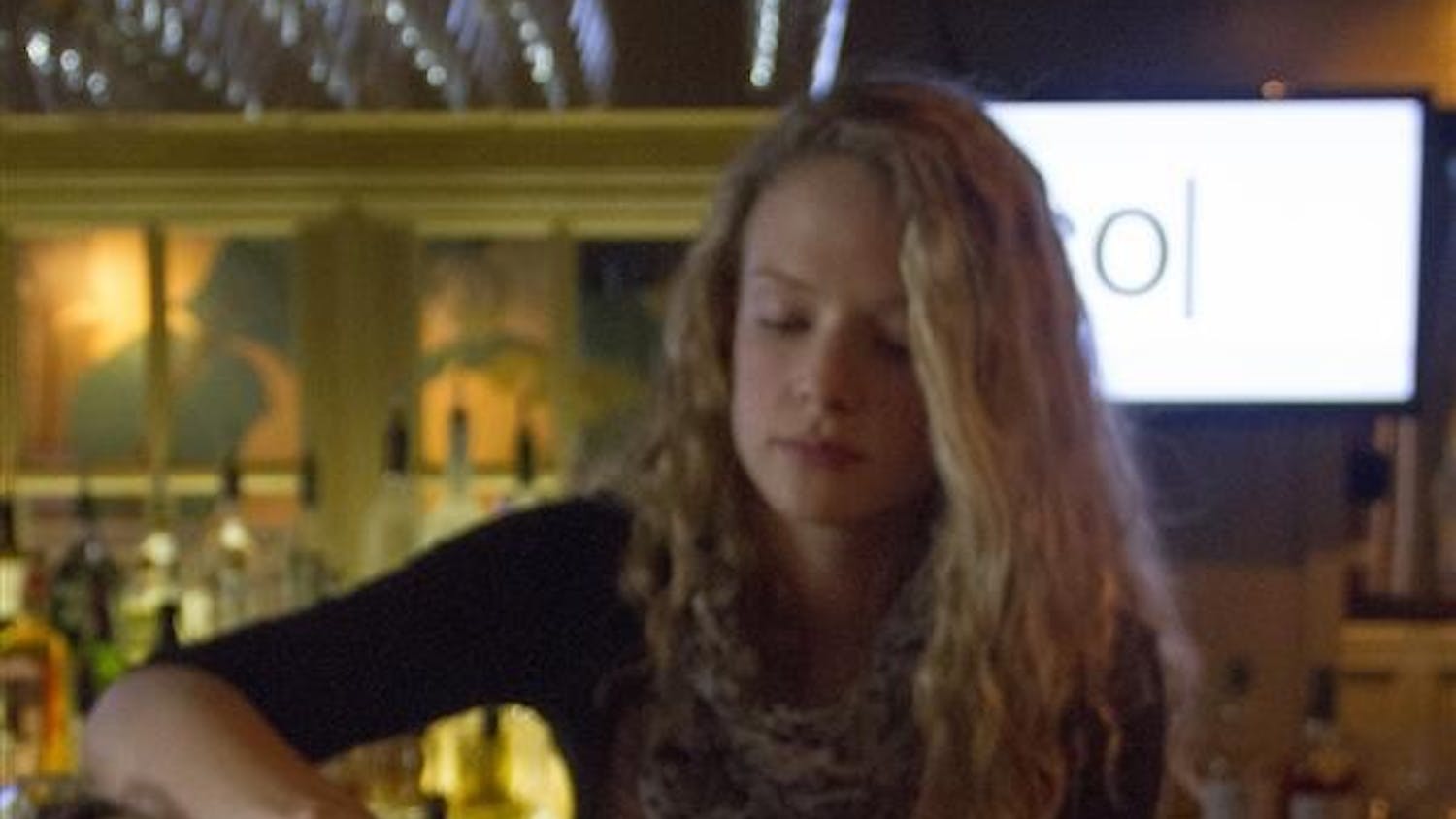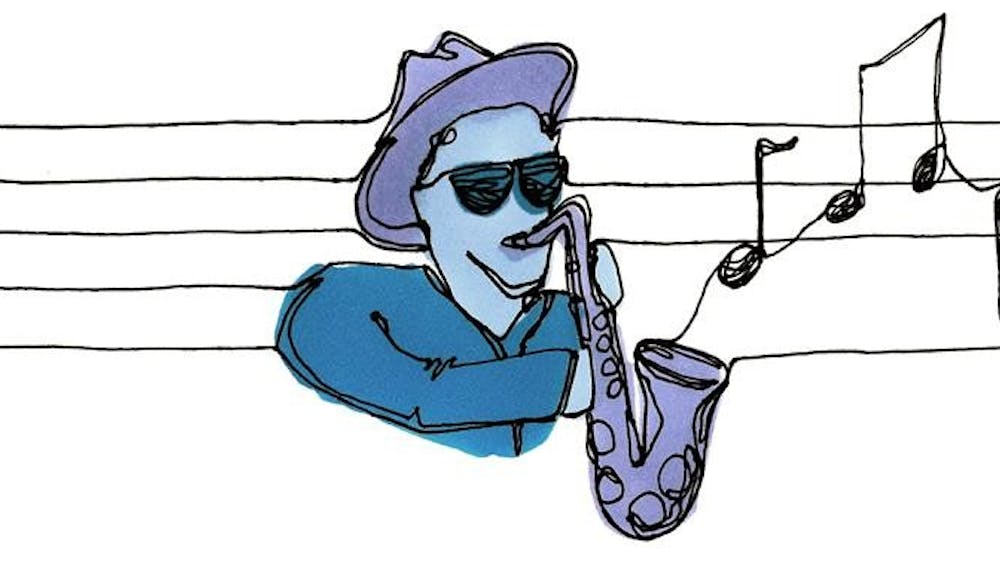Just two months after 9/11, junior Matt Estheimer joined the Army, a decision he says was only strengthened after the terrorist attacks. Two years later, the now 23-year-old found himself fighting in Kabul and Mazari Sharif, Afghanistan, working as the eyes and ears of his commanders.
I went over when I was 19. You fly commercial airlines from the States to a place in Europe, and then from there you fly a military plane. It’s very loud, and everybody wears earplugs. You have your live ammo; you’re locked and loaded. You’re ready to get off the plane, and you’re ready for war.
Pretty much everybody who goes over thinks it’s going to be nonstop combat the whole time. It is in a sense, but you’re not firing rounds the entire time. I was in a reconnaissance platoon. Long story short, it’s watching the bad guys and then telling your higher unit where they’re at. Not just somebody directly above you, but somebody way above you is going to base big decisions off of what you say.
The whole point of being reconnaissance is to gather intelligence without being noticed. You could sit in a cave or a little hole, and you just sit and wait. You wait for whoever they’re telling you to look for. If they just tell you to report any activity in a certain area, that’s just what you do.
A great recon team will never have to shoot because nobody will know they’re there. But everybody has to defend themselves at some point. I would never go anywhere without between 1,000 and 1,200 rounds with me. You have times when things are real close and up in your face. Other times it’s more like a drive by where somebody will run through an alley and shoot a couple rounds and then run.
One day, I was riding in the back of a Humvee, and I had a few rounds land within six inches of my feet. It still makes me think: What if they were a little bit better shot? But I turned out okay. I never got shot. We didn’t have anybody in my platoon die – thank God – because they become like your family, and that’s not just while you’re over there.
There were days where I would do anything to go home. There were days where I would’ve walked home if you would have let me. And then there were other days where I knew what I was doing was a good cause and that I’m not getting home any sooner wanting to go home. Some days you’ll get five or ten letters from home, and those are great days. Other days it just kind of gets you, where the hell you’re at.
But there’s a lot more good things that happen than most people know. All they see is a helicopter crash or that a vehicle got blown up. We had the families from home send in money, and we gave rice to villagers who were starving in orphanages, but nobody’s ever heard about that on CNN. I know that when I left it was a good mission, and I trust that it still is.
It’s real hectic coming straight from Afghanistan to IU. On one hand, this is a great place to get in trouble. You come home; you have money. You have the willingness to go out and drink and do everything that IU does a good job of. You kind of don’t give yourself a chance to think and wind down. But you have a bigger perspective. Things that would ruin other people’s days don’t really affect me near as much because you realize where you’ve just been.
Sometimes I miss it. I don’t know why; I just do. I wouldn’t volunteer to go back before I’m called up again, but there’s no way I would try to get out of it.
– As told to Kristi Oloffson
Heart of a soldier
Get stories like this in your inbox
Subscribe





